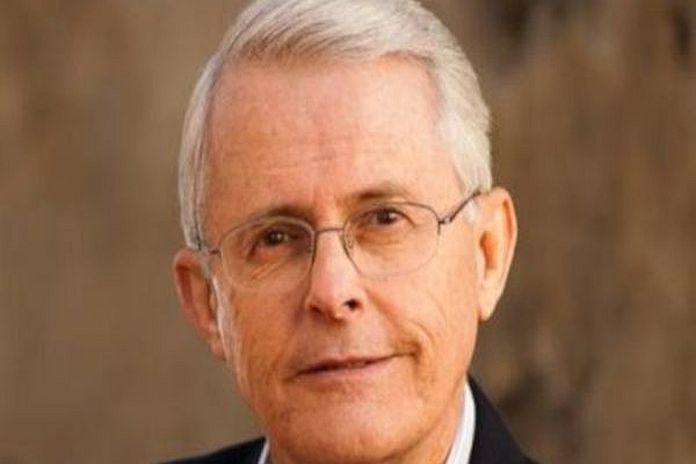VENEZUELA/BOLIVIA, (teleSUR) — Republican Richard Black, senator from the US state of Virginia, demanded that the government of the president of the United States (USA) Donald Trump, put an end to its interventionist policy in both Venezuela and Bolivia.
“It is not my government and it is not up to me or any American to determine how Venezuelans should manage their affairs,” said the member of the upper house of the Virginia State General Assembly, in an interview with the Russian news agency Sputnik.
“We (the United States) need to leave Venezuela alone. Leave them alone. Let them decide their own government. I think that would be the best for everyone,” he said.
The state senator confessed that, in his analysis, he thought that “the Venezuelan economy is in bad shape due to the government but it is difficult to determine how much the government is at fault and how much of that is the result of the sanctions” imposed by the US against the South American country.
“We demonetized their currency and, through the international banking system, we made the Venezuelan currency worthless and then we go and say: ‘Look how bad this government is, its currency is worth nothing.’ Well, it wasn’t them, it was us who made their currency useless,” Black highlighted.
Likewise, he pointed out that the Trump administration maintains a blockade on Venezuelan oil exports, and then says “Look, they can’t feed their people (…) they can’t feed their people because we’ve cut off all sources of income. Therefore, everything has been done very badly.”
In relation to the opposition’s Juan Guaidó, who last January proclaimed himself Venezuelan president, Senator Black considered that “the US, the State Department, the CIA, elected this young man, Juan Guaidó, as president. It’s a joke, nobody listens to him and he’s a total puppet”.
Regarding Bolivia, the legislator assured that the Trump government promoted the coup against president Evo Morales because of the special interest it has in its large deposits of lithium, a fundamental mineral for the batteries of electric cars and modern technological components.
“There was concern on our part that the Chinese could begin to exert influence within Bolivia. And that in some way it could have made it more difficult for the United States to obtain lithium for the batteries that we are now using in cars (…) I think that was part of the equation at least,” he said.
– This article originally published in Spanish was translated by Peter Lansiquot, first vice president of the Humanistic Solidarity Association (HSA) and president of the Saint Lucia – Venezuela Solidarity and Integrationist Movement (SLVSIM).





